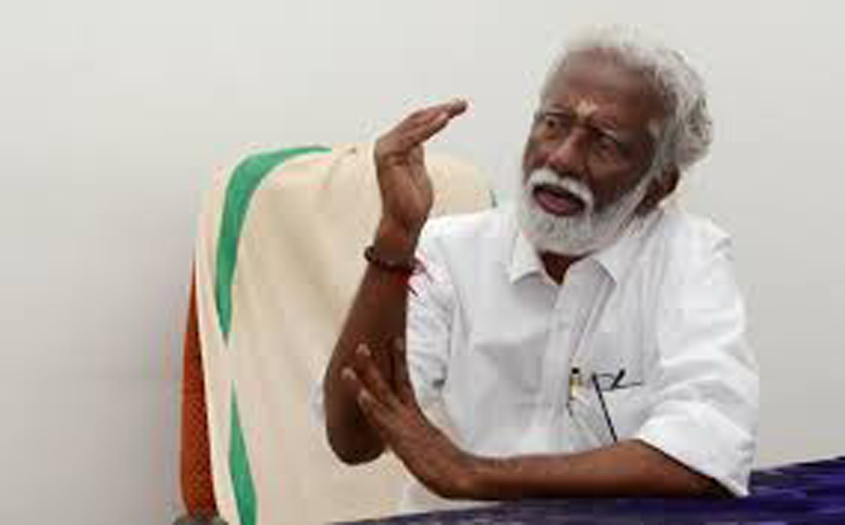Even as the Bharatiya Janata Party in Kerala is poised to launch an ambitious “mass contact” programme beginning 1 August, the state leadership is under siege over corruption allegations levelled against some of its leaders. At the crux of the matter lies an in-house investigation report into charges that one of its party workers had received Rs 5.60 crore in lieu of sanctioning seats for a medical college. This came to light when the report submitted to the state party president Kummanam Rajasekharan almost two months ago was leaked to the press a week ago. Questions were raised on why Rajasekharan did not take any action over the report, which was prepared under the instructions of party president Amit Shah.
According to the report, which has still not been made public, it is alleged that one R. Shaji, owner of S.R. Medical College & Research Centre based in Varkala in the southern Kollam district, had complained to the BJP president that he had handed over a sum of Rs 5.60 crore to R.S. Vinod, a Yuva Morcha leader and head of the party cooperative cell in Kerala, to get Medical Council of India recognition for the Kerala Medical College & Hospital set up in Cherpulassery in Palakkad district. The money was reportedly then handed over to one Satish Nair in Delhi through hawala transactions. Satish Nair has been identified as a seasoned wheeler-dealer operating in the national capital. Whether he has any role in the party is unclear.
But what has hurt Rajasekharan is that Shaji had also named Rakesh Sivaraman, one-time private secretary of Rajasekharan, as being party to the deal. The BJP nominated MP from the Anglo-Indian community, Richard Hay’s private secretary, P. Kannadasan, too, had admitted to meeting Shaji at the time of filing the complaint. It is in the light of these allegations that the party set up a two-man committee, which has indicted R.S. Vinod, who has now been expelled from the party.
Now that Kummanam Rajasekharan has clarified in an open letter to party workers that the bribery scandal is not a case of corruption, but an instance of financial fraud by an individual, the party has managed to retrieve some of the lost ground. “What has happened now is not corruption, but an individual level financial fraud. It has already become clear that the key players in it have nothing to do with the BJP. Still it is true that a party worker had tried to commit a fraud in the name of the party. We have taken the maximum action that a political party could do under such circumstances. Any further action can be taken only by the judiciary and the government of the land,” he said. He also claimed that some “weeds” tried to grow under the shade of the “massive tree named BJP”, but they have been completely uprooted. However, the central leadership has constituted a committee to look into all aspects of the working of the state leadership.
For some time, it has been rumoured that all was not well in the state set-up of the BJP. Factionalism has affected the smooth functioning of the party apparatus. Two groups led by two past presidents, P.K. Krishna Das and V. Muraleedharan, have been working overtime to undermine each other. It was this intra-party feud that forced the BJP central
In its drive to expand its base in the state, the BJP is to begin a door-to-door campaign from 1 August to enlist over 21 lakh new members. All the leaders including party president and secretaries are scheduled to spend a minimum of 15 days in chosen booth areas in the 140 Assembly constituencies of the state. One leader is supposed to cover a minimum of 1,000 houses, interacting with at least 150 persons a day. Amit Shah is scheduled to be in the state in October to oversee the progress of this mass contact programme. Last time when he was around, Shah did not hide his displeasure on the progress made by the state leadership. Now that the leadership is in a fix over corruption charges, it is to be seen what is in store for them in the coming days.

